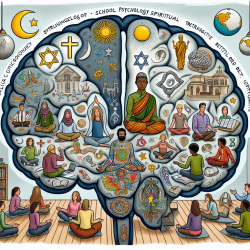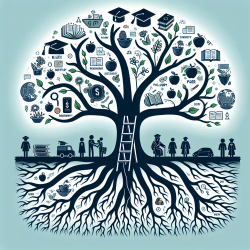Introduction
In the field of special education, making sound judgments is crucial for the success of students and the effectiveness of educational programs. A recent research article titled Folk Standards of Sound Judgment: Rationality Versus Reasonableness by Grossmann et al. (2020) offers valuable insights into how practitioners can enhance their decision-making skills by understanding the differences between rationality and reasonableness.
Rationality vs. Reasonableness: Understanding the Distinction
The study explores two distinct standards of judgment: rationality, which focuses on preference maximization, and reasonableness, which emphasizes a pragmatic balance of preferences and social norms. While rationality is often viewed as abstract and individual-focused, reasonableness is seen as context-sensitive and socially conscious.
In practical terms, rationality involves making decisions based on logical analysis and maximizing outcomes. In contrast, reasonableness considers the broader social context and aims for decisions that are fair and considerate of others' needs.
Applying Research Insights in Special Education
As a Special Education Director, understanding these concepts can significantly impact how you approach decision-making in your role. Here are some practical applications:
- Balancing Outcomes and Social Context: When making decisions about student placements or resource allocations, consider both the optimal outcomes (rationality) and the social dynamics and needs of the students and their families (reasonableness).
- Enhancing Communication with Parents: Use the concept of reasonableness to guide discussions with parents, ensuring that decisions are not only logical but also empathetic and considerate of their concerns.
- Addressing Therapist Staffing Shortages: Apply rationality to analyze staffing needs and potential solutions, while using reasonableness to consider the impact on existing staff and students.
Encouraging Further Research and Reflection
To further enhance your skills, consider engaging in additional research and reflection on these concepts. Attend conferences, participate in webinars, and network with other professionals to gain diverse perspectives on how rationality and reasonableness can be applied in various educational contexts.
By integrating these concepts into your practice, you can make more informed and balanced decisions that benefit both students and the school community.
Conclusion
Understanding the distinction between rationality and reasonableness is crucial for making sound judgments in special education. By applying these insights, you can enhance your decision-making skills and improve outcomes for students and families.
To read the original research paper, please follow this link: Folk standards of sound judgment: Rationality Versus Reasonableness.










